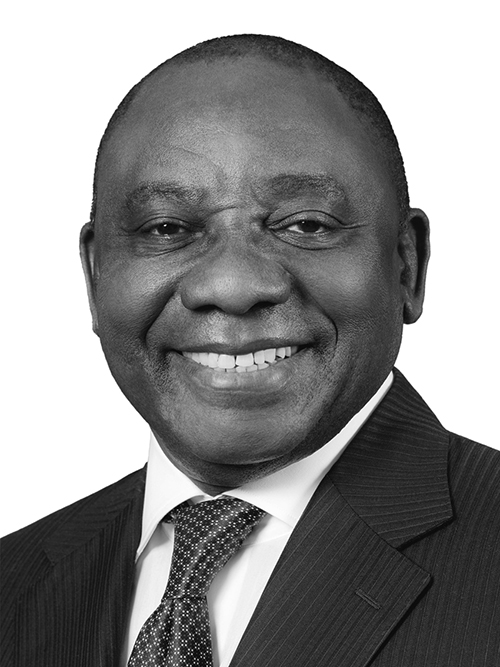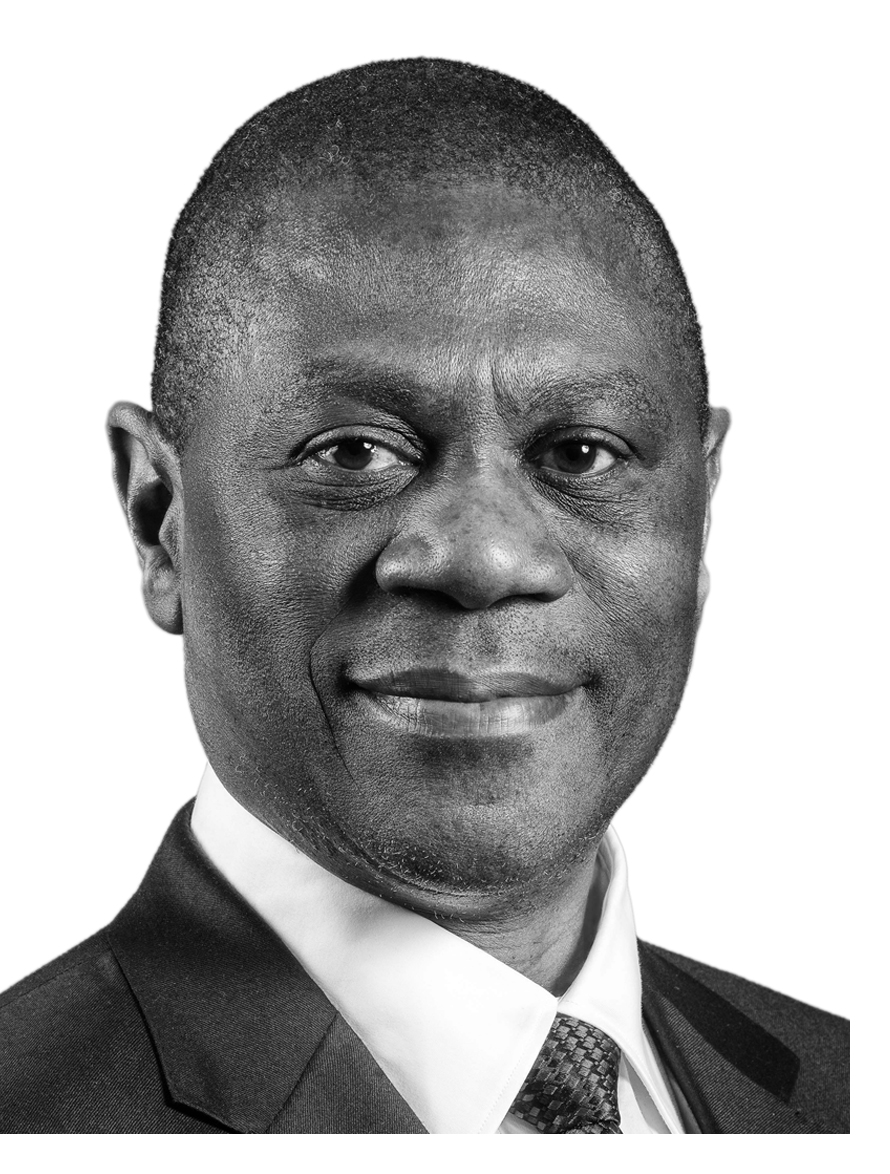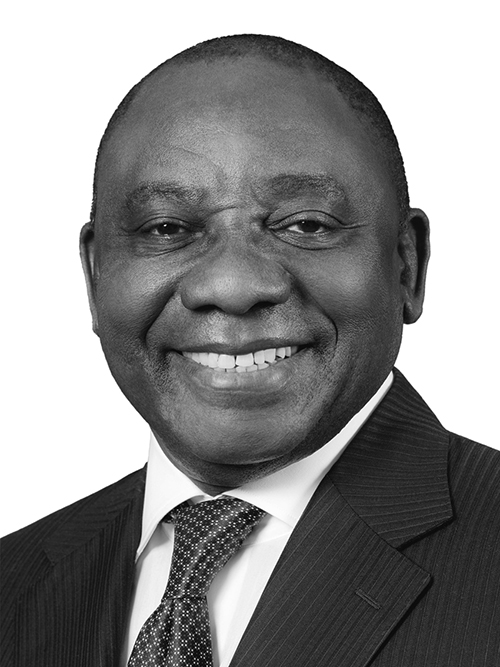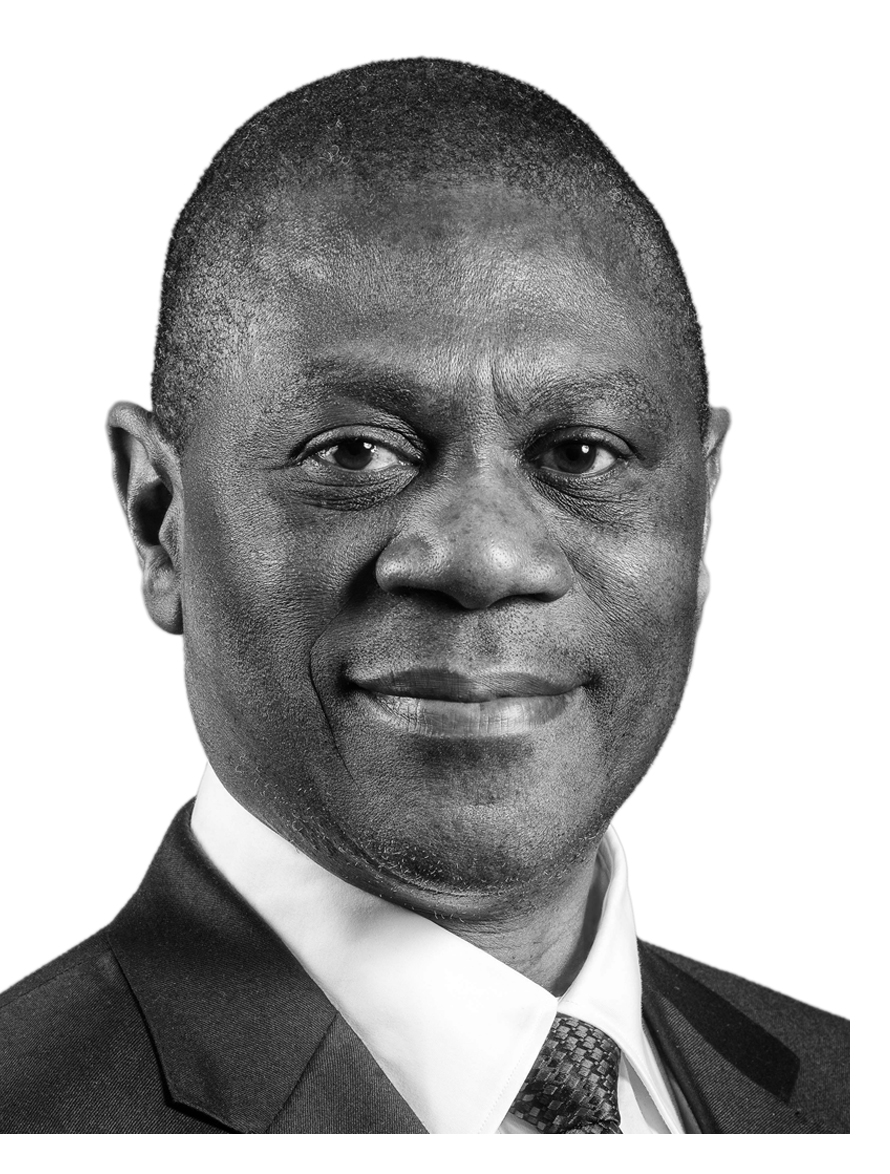Wena we Ndlovu!
Wena we Ndlovu!
Bayede!
Programme Director,
His Majesty King MisuZulu ka-Zwelithini,
uNdunankulu ka Zulu, Reverend Thulasizwe Buthelezi,
Ondlunkulu,
Abantwana base Ndlunkulu,
The Mhlongo family,
Ngiyajabula ukuthi uMndeni waka Mhlongo ukhona lana nathi namuhla,
Ministers and Deputy Ministers,
Premier of KwaZulu-Natal, Mr Thami Ntuli,
Members of Parliament,
MECs
Mayor of the eThekwini Metro, Cllr Cyril Xaba,
Chairperson of the Provincial House of Traditional and Khoisan Leaders, iNkosi RS Shinga,
Management of the Airports Company South Africa,
Representatives of business,
Representatives of political parties,
Religious leaders present,
Amakhosi,
iZinduna,
Amabutho,
oMama,
iZintombi,
Distinguished guests,
Sanibonani.
Kuyintokozo enkulu ukuba lapha namhlanje.
Today is a historic day for the Zulu people and for all the people of South Africa.
Today we raise the glory of King Shaka ka Senzangakhona, the founder of a great nation.
He was a warrior king, a unifier and a reformer.
It is fitting that he has been immortalised in the statue being unveiled here today.
We congratulate the KwaZulu-Natal Provincial Government, the Department of Sport, Arts and Culture, the Department of Transport and the Airports Company South Africa (ACSA) for fulfilling their undertaking to erect this memorial in honour of iSilo uShaka.
Last year, more than half a million international tourists visited this province to enjoy KwaZulu-Natal’s beaches, its natural splendour and its wildlife.
They also came to experience the unique traditions, customs and culture of amaZulu.
Now these visitors will be inspired to learn more about the rich history as well.
This statue stands as a proud testament to a glorious era in the life of the Zulu nation during the reign of King Shaka, iLembe eleqa amanye ama Lembe ngokukhalipha.
This statue will not only inspire visitors to our country.
It is the greatest source of pride that King Shaka’s life, history and contribution is being retold and reclaimed by the generation born into democracy.
Lesifanekiso seLembe sizogqugquzela intsha kulo onke lase Ningizimu Afrika ukufunda kabanzi ngomlando wayo. Nokuziqheya ngemvelaphi yabo.
Thirty years ago, we cast off the shackles of bondage.
With every step we took, we knew that we were being carried along by the spirits of our forebears, the heroes of the past.
Long, long before we waged the struggle for our liberation from apartheid rule, there were the great warrior kings and queens who took up the spear of resistance against colonial invaders.
King Shaka’s illustrious history is well-known. He is among those leaders with so great a reputation that it has passed into legend.
And yet for centuries, those who oppressed the South African people sought to denigrate his name to suit their own ends.
Bakhuluma amanga ngombuso weSilo bezithethelela ngokweba umhlaba wethu.
During colonial and apartheid rule, we were force-fed the history of the oppressor.
We were taught about Vasco da Gama, Henry Francis Fynn, Sir Harry Smith and Piet Retief.
Sasicula nakugujwa usuku lokuzalwa kwenkosi nendlovukazi yamaNgisi. Azange sifundiswe ngendlovukazi uNandi, uMthaniya kaSibiya kanye nenkosazane uMkabayi kaJama.
The story of the young King Shaka and how he triumphed over a difficult childhood was not told to inspire young black children. Instead we had to recite poems about John Ross and Dirkie Uys.
Since the advent of democracy, we have worked to restore pride in the history of all the people of this great land.
We have been deliberate about reconstructing and rebuilding what is taught in our schools.
There is no place in a free South Africa for glorifying symbols, names and events built on our people’s pain.
Kungenxa yombuso wethu wentando yeningi ukuthi lapha kulelidolobha, imigwaqo ibizwe ngamaqhawe namaqhawekazi wethu.
Queen Nandi. King Dinuzulu. King Cetshwayo. Helen Joseph. Harry Gwala. Adelaide Tambo. Steve Biko. Anton Lembede.
A statue such as the one we are unveiling today represents not just a great person, but a history, a value system and the aspirations of a people.
This statue is a testament to unity.
Since his reign began in the early 1800s, King Shaka used the military and political systems he established to bring his people together.
He forged alliances, integrated rival clans and reformed social structures to unite amaZulu towards a common identity and a common purpose.
This is an aspiration that transcends generations. It is our responsibility to strive towards this goal no matter how difficult it is or how long it takes.
Building unity takes courage.
It takes principled leadership that puts the greater good above narrow self-interest.
King Shaka gave wise counsel, but also took it.
He had respect for rival kings, even those with which he waged wars.
He put the interests of his people first.
Sihlangene lapha njengabamele bonke abantu base Ningizimu Afrika ukuzobungaza inkosi uShaka ngoba uyiqhawe lethu sonke.
Ungomunye wamakhosi kanye nezindlovukazi kulelizwe lethu abalwela umhlaba nehlalakahle yomphakathi.
We will reclaim our history. We will ensure that it is glorified in this generation and into the next.
Sizowaphakamisela phezulu amaqhawe wethu. Sizobiza imigwaqo namabhilidi ngamagama abo, sibhale izincwadi ngabo, kube nemidlalo yomabonakude ngabo futhi sibe nemifanekiso yabo ukubanika udumo nenhlonipho ebafanele.
We will lift high our heroes. We will name our streets and buildings after them, write books about them, make television shows about them, and erect statues in their honour.
We do so because these heroes represent our past and reflect our aspirations for the future.
Your Majesty King MisuZulu ka-Zwelithini,
Hlanga lomhlabathi,
Sithokozela ukubakhona kwakho kulomcimbi lapho sikhumbula khona ithongo lethu elikhulu.
This was a project close to the heart of your father, the late King Zwelithini ka Bhekuzulu.
We are honoured that we have been able to fulfil his vision.
King Shaka reshaped his people’s destiny.
May this statue continue to honour his memory as a beacon of courage, resilience and leadership.
May it serve as an enduring reminder to us all that unity is the bedrock on which nations are built, the lifeblood that sustains them and the key to their progress.
Bayede.
Wena wendlovu.
Hlanga Lomhlabathi.
Ngiyabonga.











